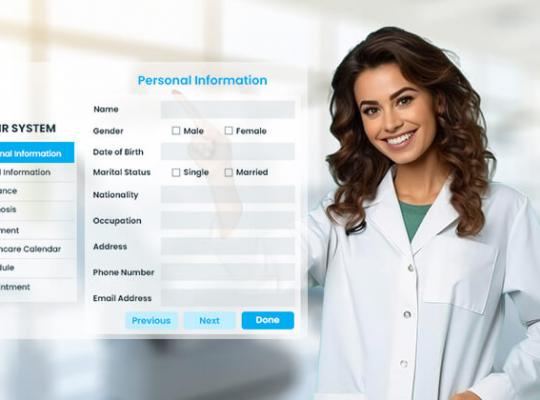HIPAA Compliant Social Media Marketing for Dentists
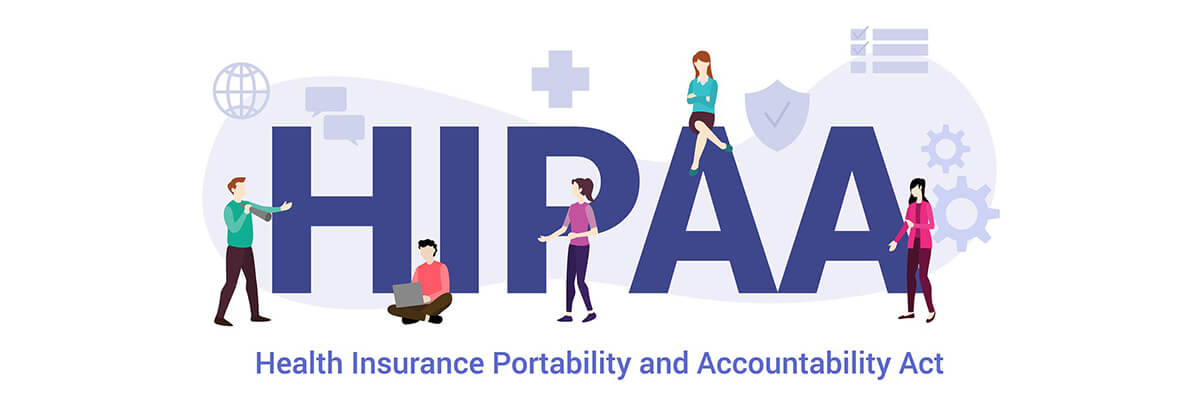
HIPAA compliance when marketing on social media is the responsibility of every health care provider, dentists included. Social media platforms like Instagram and Facebook have fast become lucrative marketplaces for dental professionals, and offer these companies offer important advertising tools to help drive business.
How can your dental company remain compliant when responding to reviews, post comments, and advertising campaigns on these popular sites? As a leading provider of HIPAA-compliant marketing services for dental healthcare providers, Adit regularly helps industry professionals navigate this challenging landscape.
This brief guide provides essential tips and explanations to help your office and interactions with your patients observe these important laws while maximizing your advertising ROI.
Common Social Media Marketing HIPAA Violations
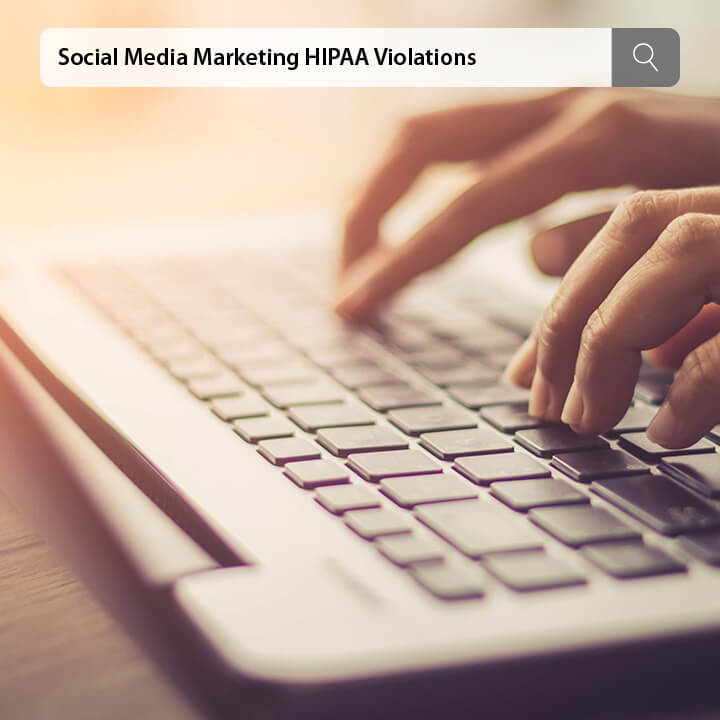
When developing your social media advertising strategy for your dental office, it's crucial to consider how violating HIPAA regulations affect your business. Specifically, you and your staff need to be aware of how you could violate these requirements, whether intentionally or by accident.
Below are the most frequently violated provisions of HIPAA guidelines that dental offices often struggle to avoid:
Sharing Protected Health Information (PHI)
While it seems an easy mistake to avoid, disclosing a patient's PHI is one of the most serious HIPAA violations your staff could make when posting on social media. It doesn't matter if you're sharing this information through an account that is private or public. Sharing their name, where they live, or anything about their health is illegal.
Of course, you and your team members can share procedures performed at your office and other work-related details, but keep your patients' privacy in mind.
Spreading Gossip
As a dental professional, your office will see its fair share of unique cases that may be tempting to share on social media. Asking for opinions from other doctors on your social media page about a particular condition is one thing, but directly referring to a case you treated as a point of discussion isn't okay.
Violating HIPAA policy in this way can have serious consequences for your practice.
Posting Multimedia with Patient Photos or PHI
Sharing photos of your staff, products, equipment, and happy patients are important as a dental company. You want to create a sense of trust and compassion your patients and prospects can connect with. But you can't compromise their privacy. Any photos and videos that include identifying information or images cannot be used. Of course, if you receive written authorization permitting you from a patient to use a photo with their face in it, you can share it. But this is only for pictures and videos of their image, not their medical history or treatment.
It's common to take photographs and virtual tours of dental offices nowadays, but ensure that any identifying files, documents, and other information aren't visible when creating this type of multimedia. So, practice those camera angles and be sure to use cropping and editing tools to mask out anything that might be revealed before sharing online.
Sharing Patient PHI in a Private Group
The rule of thumb is if you can't post it in a public forum on social media, it doesn't belong in a private venue online either. For example, dental professionals often network with one another about a variety of practice and patient-related matters. However, it's a violation of HIPAA policy to use social media to have these conversations because they are encrypted as securely as your practice management's messaging system.
How one Adit texting feature drove 30% revenue growth for Vision Source Magnolia Is Your Optometry Practice Leaving Revenue on the Table? Vision Source Magnolia upgraded from a patchwork of disconnected tools to an all-in-one solution with Adit...
Download Case StudyBest Practices to Avoid HIPAA Violations on Social Media
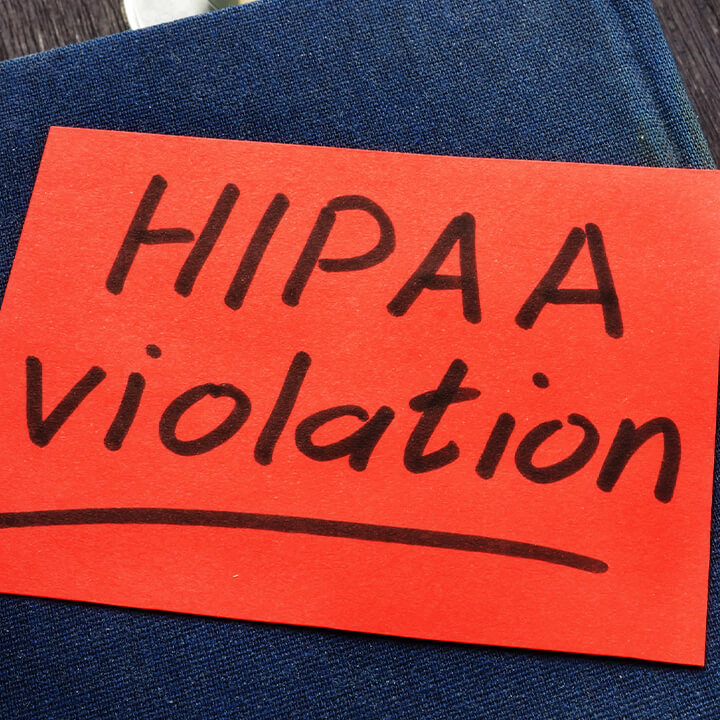
HIPAA compliance on social media is best accomplished by following some general best practices to protect your employees and organization from making costly mistakes. In addition, the following recommendations will ensure that your dental office always prioritizes the privacy of your patients and their health records when using social media:
Implement a Carefully Crafted Social Media Policy
When marketing on social media, having a policy to ensure advertisements are compliant is a must. HIPPA compliant marketing for dentists is much like the rules you would put in place for individual employees. The difference is it should also include instruction on the type of content your team can use when marketing your brand.
This is especially important if you decide to hire a social media advertising agency, though firms like Adit can help you create this policy and implement it.
Create a Company-Wide Social Media Policy
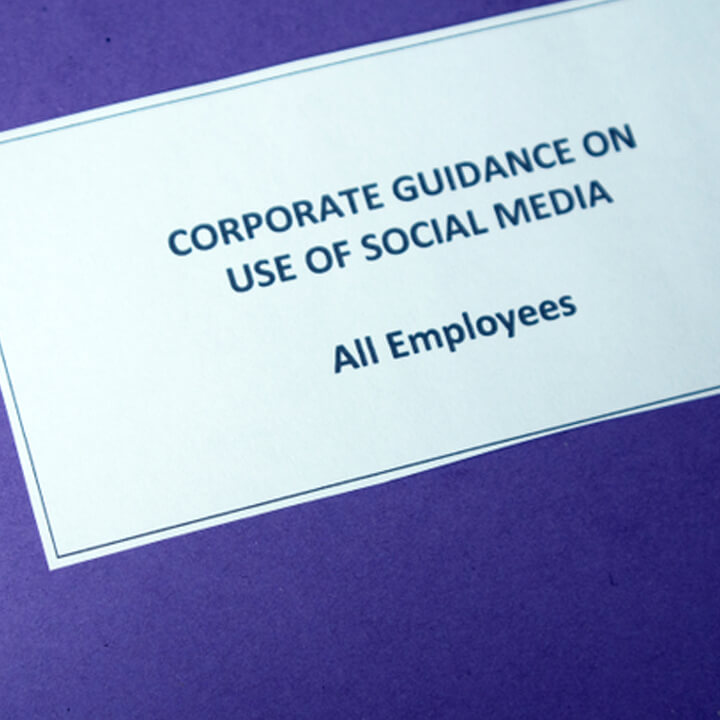
Implement a set of guidelines outlining how your team members can use social media and what content they are permitted to post. It should cover both work hours and those after so that you can be sure no one accidentally shares PIH.
When creating your policies, be as straightforward as possible, including any disciplinary action should a HIPAA violation occur. This will ensure that reoccurrences don't happen.
Provide Examples of HIPAA Non-Compliance on Social Media
Simply stating what is or isn't okay for staff members to post on social media isn't enough. You need to include clear examples of what constitutes a HIPAA violation, so everyone understands what is off-limits.
Take example pictures of what PHI in a photograph looks like versus not, and provide a video example if possible, too. Make sure to include a point of contact if they have questions about your policy and consider having them undergo a training course that further explains what HIPAA protects.
Conduct Regular Audits and Reporting
For practices with multiple branches or a large staff team, monitoring personal accounts can be a challenge. Instead, it would be best if you considered working with a dental marketing firm like Adit that can provide regular audits and reporting for instances of violations.
You can also implement an anonymous reporting form so employees can make you aware of troublesome social media posts and/or conversations.
Keep Work Life and Personal Life Separate
As a dental professional, it's probably tempting to share some of your work experiences on your social media pages and vice versa. The reality is it's better to keep these profiles separate and not let them overlap. This ensures you or your staff members don't accidentally make a patient's private health information public.
Actively Monitor Your Social Media Accounts
Ideally, any marketing material you post will first get reviewed by yourself or those you authorize to handle this important step. Still, monitoring your social media accounts should be a priority. If something questionable should get shared or wasn't reviewed first, you can quickly have it removed for further assessment.
Another significant benefit of keeping an eye on your ads and shared posts is controlling what your followers and other users might post. Should they share their PHI or violate HIPAA regulations, you can quickly take these posts down as well.
Avoid Social Media for Communicating About Treatment Issues
Social media platforms have made it increasingly easy to find the personal pages of dental providers. When patients discover your private profile, they may try to contact you regarding a health issue instead of through your dental business. When this happens, it's important to redirect them to your patient portal on your website or to set up an appointment through your mobile app. It's your responsibility to ensure their PHI data is safe and that you comply with HIPAA.
Avoid Giving Personal Health Advice
Engaging social media content is important to any successful marketing strategy. Still, you should avoid sharing your favorite health advice, whether you are marketing a new product, service or sharing your latest successful treatment programs. The reason is it can lead to patients wanting more information that could reveal their PHI.
For instance, providing general advice to everyone about flossing is one thing, but giving individualized recommendations is not recommended. What if someone who isn't your dental patient finds your page and uses your suggestion that was only intended for that one particular person?
Assess Your Social Media Marketing Policies Regularly
HIPAA law frequently experiences adjustments, so you mustn't treat your policies as one-and-done events. Instead, review your policies every year to ensure that you are compliant.
Make Your Growing Dental Practice HIPAA Compliant Today

At Adit, we understand that the safety and comfort of your patients come first in everything you do at your dental practice. Our digital marketing agency can help your office achieve the same level of care and responsibility regarding PIH and social media advertising. From creating a brand new HIPAA compliance policy for your employees to assisting you in providing your team with the necessary training to be compliant, our years of experience will prove invaluable to your entire marketing strategy.
Reach out to one of our helpful representatives today to learn more about how we can help you find success on major platforms like Facebook, Instagram, Twitter, and more!
more about Adit?
Say goodbye to the hassle of using multiple tools. Adit centralizes your calls, texts, payments, reviews, and scheduling into one powerful dashboard. Simplify your operations and boost patient satisfaction today.
Schedule a DemoAngela is a former English teacher turned marketing content specialist. Over the past 10 years, she’s developed marketing strategies to forge enduring bonds between B2B, B2C and SaaS companies and their clients through holistic education, effective communication, and captivating storytelling that moves audiences to act.
Get a $25 Gift Card when you take a demo
Schedule a DemoGet a $50 Gift Card
when you take a demo
Looks like you're out of bounds!
Hey there! Your current location falls outside Adit's area of operation. If this is unexpected, try disabling your VPN and refresh your page. For further assistance or to book a live demo, connect with us at 832-225-8865.
February 18 Amazon Demo Promo
Terms and Conditions
Last Updated: February 18, 2026Offer ends February 21, 2026, and is limited to prospective customers who sign an annual agreement before February 28, 2026. Gift card will be emailed to the company owner or established representative within 4 weeks of signing the annual agreement. Offer may not be combined with any other offers and is limited to one (1) gift card per office. Offer is not available to current customers or to prospective customers or individuals that have participated in a Adit demo during the prior six (6) months. Recipient is responsible for all taxes and fees associated with receipt and/or use of the gift card as well as reporting the receipt of the gift card as required under applicable federal and state laws. Adit is not responsible for and will not replace the gift card if it is lost or damaged, is not used within any applicable timeframe, or is misused by the recipient. Adit is not responsible for any injury or damage to persons or property which may be caused, directly or indirectly, in whole or in part, from the recipient’s participation in the promotion or receipt or use of the gift card. Recipient agrees to indemnify, defend and hold harmless Adit from and against any and all claims, expenses, and liabilities (including reasonable attorney’s fees) arising out of or relating to a recipient’s participation in the promotion and/or recipient’s acceptance, use or misuse of the gift card. This offer is sponsored by Adit Communications, Inc. and is in no way sponsored, endorsed or administered by, or associated with Amazon.
Thank You!
We appreciate your interest! Adit AI will be calling you in the next few minutes!
Why Adit?
Cut your software bill by up to 60% when you merge everything your dental office needs to run under one roof.
Centralize Communications
- Phones & TeleMed
- Emails & eFax
- Texting & Reminders
- Call Tracking and more!
Streamline Operations
- Patient Forms
- Online Scheduling
- Payments
- Reviews and more!
Boost Production
- Performance Dashboards
- Morning Huddle
- Claims & Collections
- Patient Profiles
- Follow Up Lists
- Year Over Year Metrics
Acquire More Patients
- Digital Marketing
- Website Design
- SEO
- Google Ads
- Facebook Ads
when you sign up with Adit!
Sign up by filling out the form



